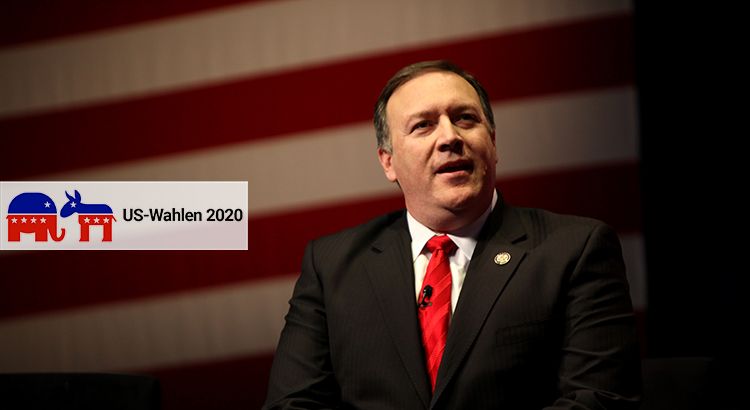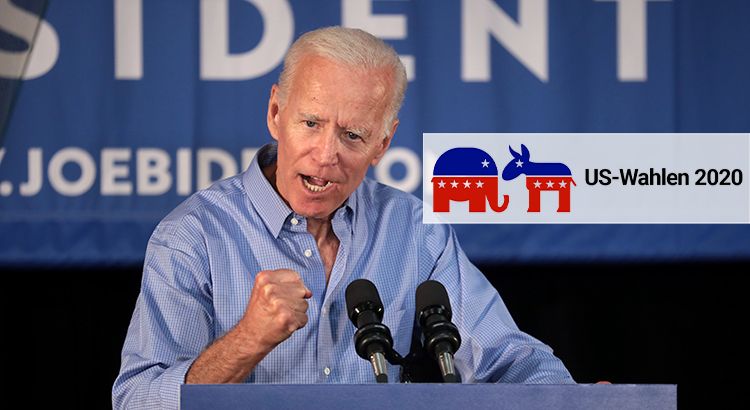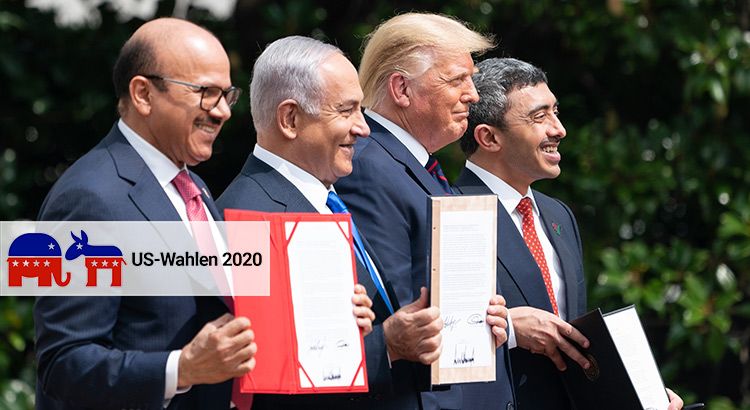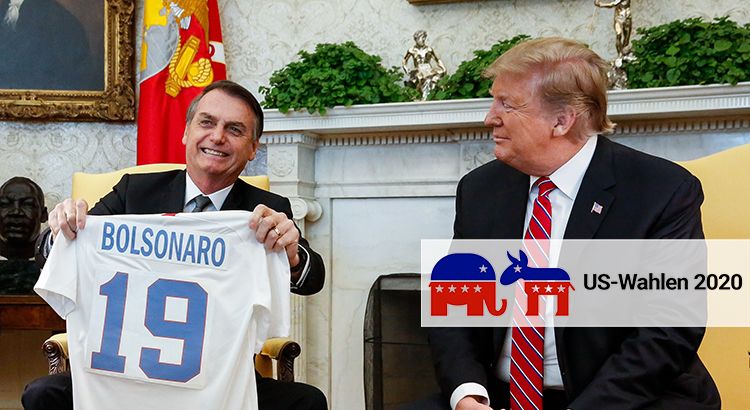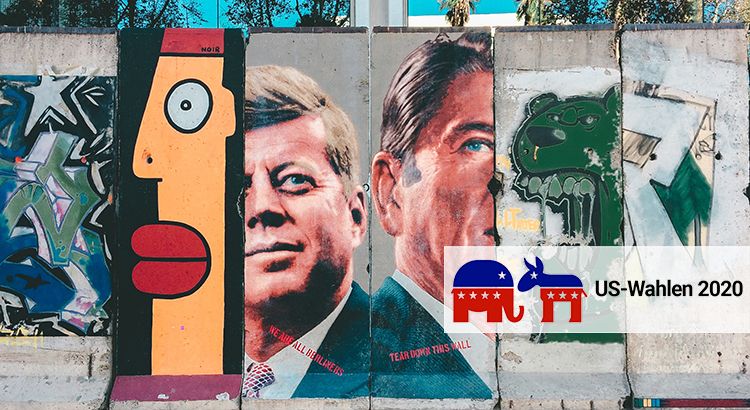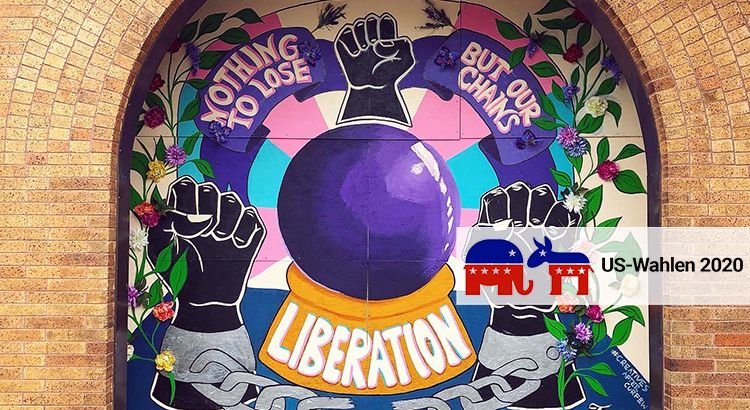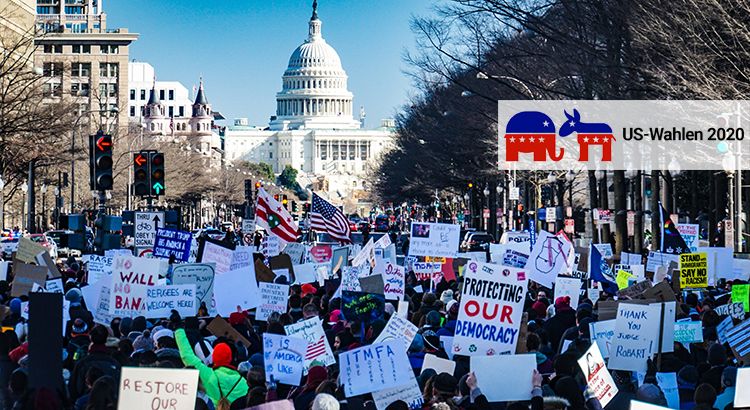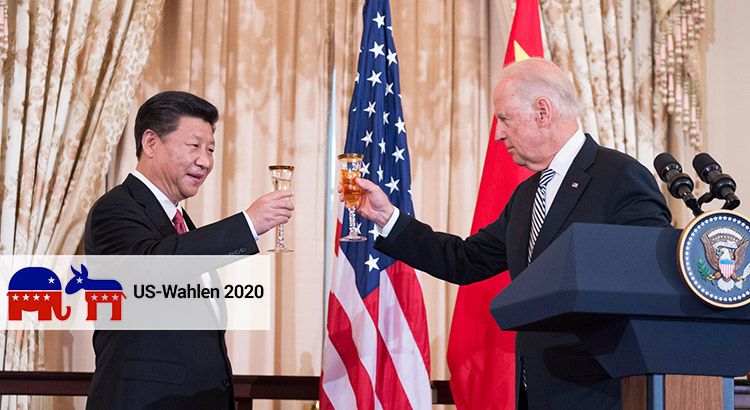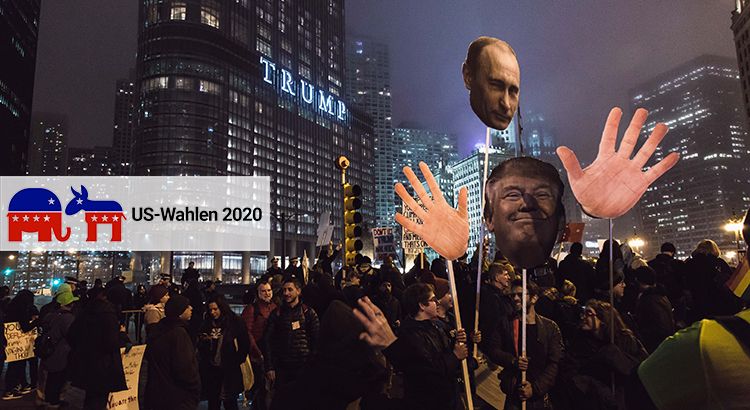US-Wahl 2020
Die Welt blickt mit Spannung auf die US-Wahl am 3. November. Diese wird nicht nur über die künftige innen- und außenpolitische Ausrichtung der USA der nächsten vier Jahre entscheiden, ihr Ausgang wird auch Auswirkungen auf nahezu alle Bereiche der internationalen Beziehungen bis hin zur globalen Ordnung als Ganzes haben.
Foto: Jnn13 | CC BY-SA 3.0 Unported
Mit dieser Blogreihe wollen wir einen genaueren Blick auf die vielfältigen Implikationen dieser „Jahrhundertwahl“ werfen: Was bedeutet ihr Ausgang für die liberale Weltordnung? Welche Auswirkungen hat sie auf das multilaterale System? Wie sollen sich Deutschland und Europa dazu verhalten? Und wie steht es um globale Handlungsfelder wie Klimaschutz, Rüstungskontrolle und nicht zuletzt die Bewältigung der Corona-Pandemie? Die einzelnen Beiträge beleuchten zentrale Themenfelder aus friedenspolitischer Sicht – sowohl in der Rückschau auf die vergangenen vier Jahre der Trump-Administration wie auch mit vorsichtigen Prognosen für die Zukunft.
